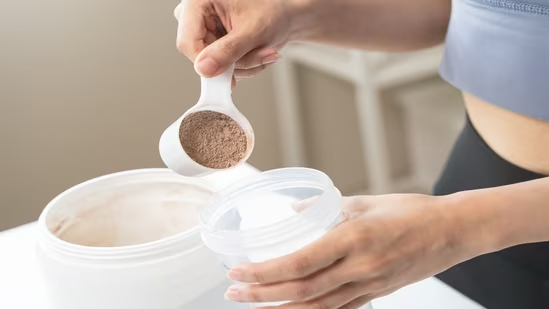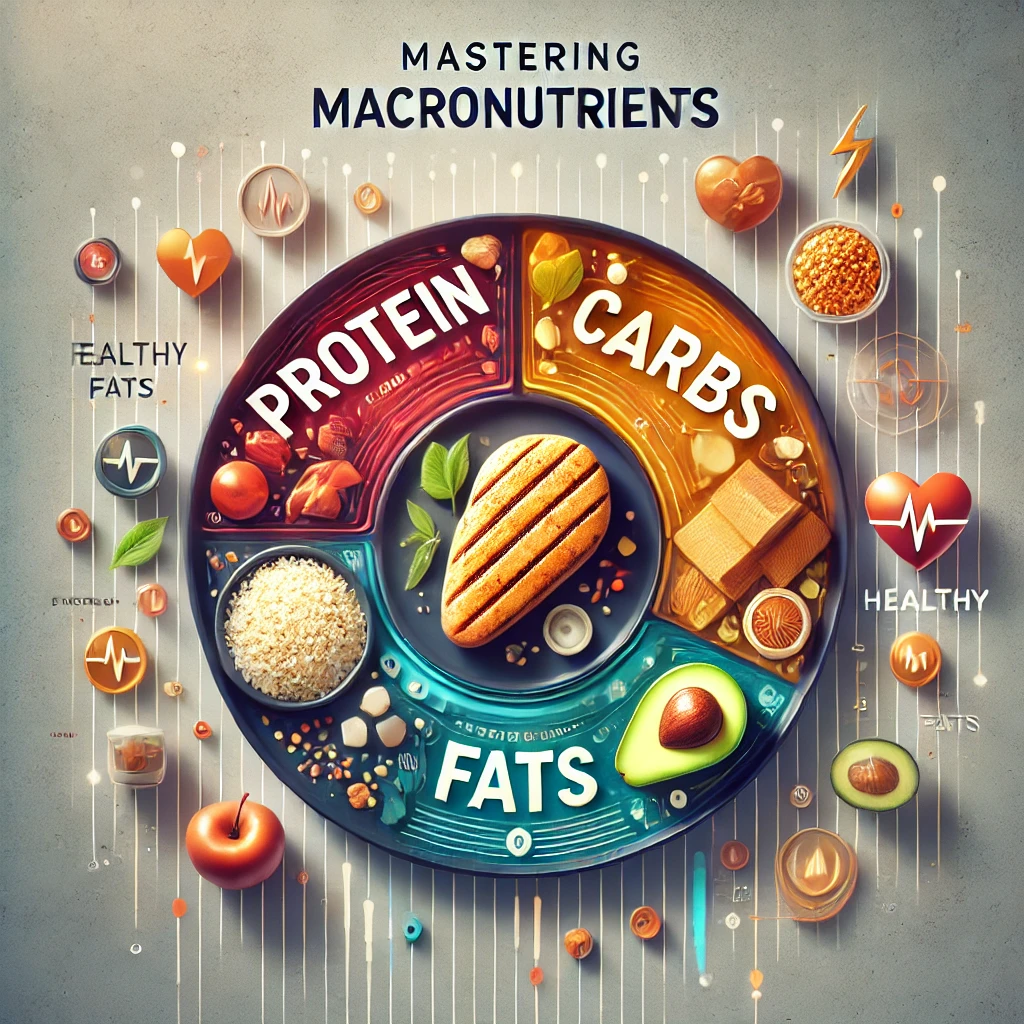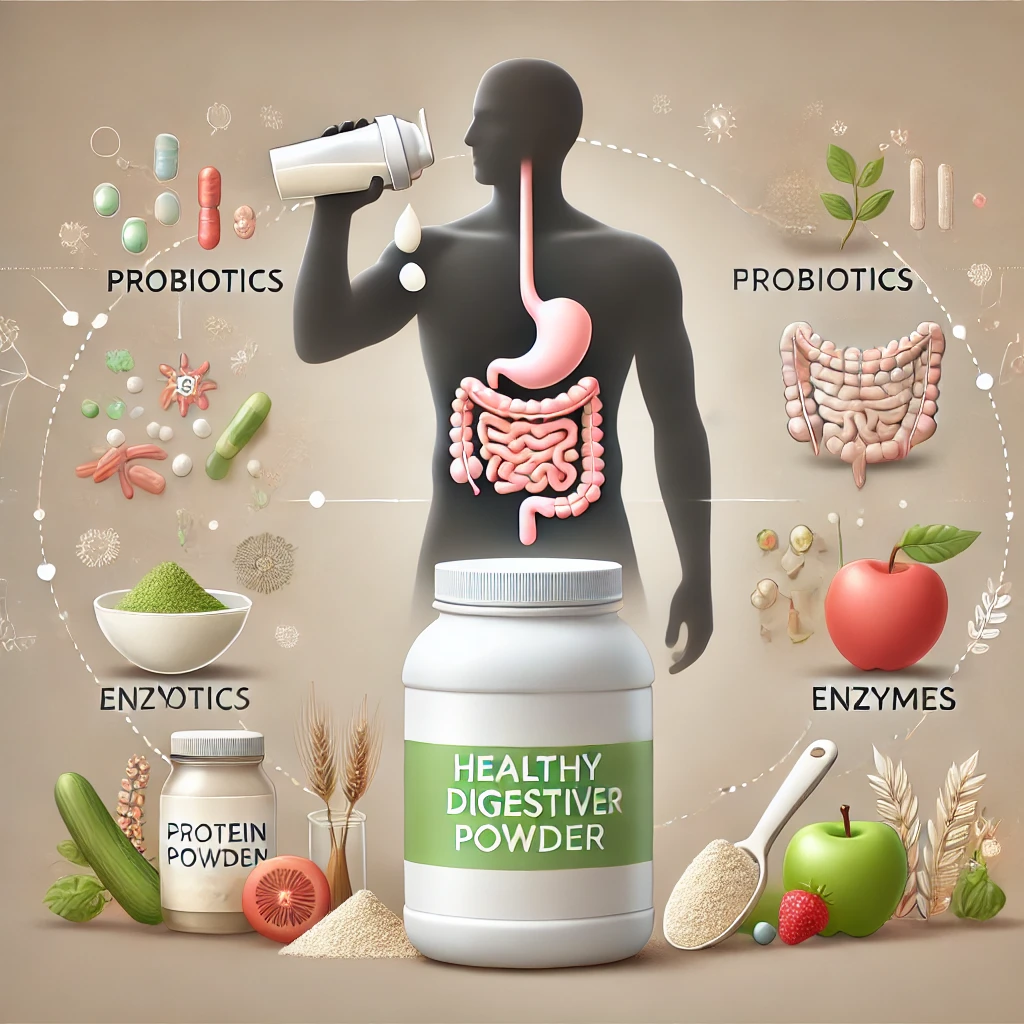Protein powder is a staple for many fitness enthusiasts, bodybuilders, and anyone looking to boost their protein intake for muscle growth, recovery, or general health. But did you know that there’s a significant relationship between protein consumption and hydration? If you’re someone who uses protein supplements, it’s important to understand how your protein intake impacts your hydration levels. This article breaks down what you need to know about balancing protein intake and staying hydrated.
What Is Protein Powder?
Protein powders are a convenient way to increase your daily protein intake. They come in various forms, with the most popular being:
- Whey protein: Derived from milk, rich in essential amino acids, and fast-digesting.
- Casein protein: Also from milk, but slower-digesting, making it great for sustained release of protein.
- Plant-based proteins: Made from sources like peas, rice, or hemp, ideal for vegans and those with lactose intolerance.
The benefits of using protein powders include muscle growth, improved recovery after workouts, and convenience for meeting protein goals.
Importance of Protein in the Diet

Protein is essential for the body, not just for building muscles, but also for supporting various bodily functions. It helps repair tissues, produce enzymes and hormones, and is critical for overall growth. When you exercise, especially strength training or endurance workouts, your muscles undergo stress and require protein to repair and grow stronger.
The Role of Hydration in the Body
Water is just as essential as protein, if not more. It regulates body temperature, aids in digestion, supports nutrient transport, and removes waste. Without proper hydration, your body can’t perform optimally, leading to issues like fatigue, dizziness, and poor performance in your workouts.
Dehydration happens when your body loses more water than it takes in, which can negatively affect everything from your digestion to your cognitive function. Staying hydrated is crucial for overall health and athletic performance.
How Protein Affects Hydration Levels

The Body’s Water Needs for Processing Protein
When you consume protein, whether through food or supplements like protein powder, your body requires water to break it down and utilize it effectively. Proteins are large molecules that need to be metabolized into smaller units called amino acids. This process, called protein metabolism, requires energy and water to function properly.
Water plays a vital role at several stages of this process. First, it aids in digestion by helping to break down the protein molecules in the stomach and intestines. Then, it is needed for the transportation of amino acids to the cells, where they are used for muscle repair, hormone production, and other important functions. Throughout this process, your body uses water, meaning your hydration levels can be affected by higher protein intake.
Protein Metabolism and Water Usage
Protein metabolism generates nitrogenous waste, mainly in the form of ammonia and urea, which your body must filter out. The liver converts ammonia, which is toxic in high amounts, into urea, which is less harmful but still needs to be removed from the body. This is where your kidneys come in.
The kidneys filter urea and other waste products from the blood, and water is essential in this process. Essentially, the more protein you consume, the more urea your body produces, and the more water your kidneys need to excrete it through urine. If you don’t drink enough water, the kidneys have to work harder to eliminate the waste, potentially leading to dehydration over time.
The Increased Demand for Water with Higher Protein Intake
As protein intake increases, so does your body’s demand for water. This is particularly relevant for athletes, bodybuilders, or anyone on a high-protein diet. For every gram of protein consumed, your body needs extra water to support digestion, nutrient absorption, and the excretion of waste byproducts.
In practical terms, if you’re increasing your protein intake—whether through foods like chicken, fish, or protein shakes—it’s important to also increase your water intake. Failing to do so could lead to dehydration, especially if you’re active and already losing water through sweat during exercise.
Does Protein Powder Dehydrate You?

Explanation of Why High Protein Intake Can Increase the Risk of Dehydration
While protein powder itself doesn’t directly cause dehydration, high protein intake—whether from powder or whole foods—can increase the risk of dehydration if you’re not drinking enough water. As mentioned earlier, protein metabolism produces waste byproducts like urea, which your body needs to excrete through urine. This process uses water, meaning if you consume a lot of protein but don’t hydrate properly, you’re more likely to become dehydrated.
This risk is higher when protein consumption is accompanied by other factors that already contribute to fluid loss, such as exercise or living in a hot climate. The body may struggle to keep up with both processing protein and maintaining hydration, leading to symptoms like fatigue, dry mouth, or darker urine.
The Kidneys’ Role in Filtering Protein Byproducts (Urea)
The kidneys play a crucial role in the relationship between protein and hydration. They are responsible for filtering out waste from your bloodstream, including urea, which is a byproduct of protein metabolism. This filtering process requires water, which is why higher protein consumption increases your body’s demand for fluids.
When you consume more protein, your kidneys need to work harder to filter out the increased waste. Without enough water, your kidneys can become overburdened, and the risk of dehydration rises. Chronic dehydration can strain the kidneys over time, potentially leading to kidney stones or other health issues.
Factors That Determine Hydration Levels (Workouts, Environment, etc.)
Several factors affect your hydration levels when consuming protein, including:
- Physical activity: If you exercise regularly, especially in hot or humid environments, you lose more water through sweat. This means you need to drink more water, particularly if you’re also consuming more protein.
- Climate: Hotter climates or high altitudes increase your body’s fluid needs. When combined with a high-protein diet, the risk of dehydration rises if water intake is insufficient.
- Dietary habits: If your diet is also high in salt, caffeine, or alcohol—substances that can have a diuretic effect—you may lose additional fluids, further increasing the need for proper hydration.
Being mindful of these factors can help you manage your hydration levels while maintaining a high-protein diet.
Protein Metabolism and Its Impact on Water Balance

When your body breaks down protein, it creates waste products that must be eliminated through urine. This process uses up water. If your protein intake is high, more urea and ammonia are produced, which increases the body’s need for hydration. Failure to drink enough water can strain the kidneys, leading to dehydration and potential health issues over time.
Balancing Protein Intake and Hydration
How can you prevent dehydration while taking protein supplements? The general rule is to increase your water intake alongside your protein consumption. A common recommendation is to drink at least 8-12 cups of water daily, but you may need more if you’re consuming a high-protein diet or engaging in intense workouts.
Signs You May Be Dehydrated Due to Protein Intake
Common signs of dehydration include:
- Dark yellow urine
- Dry mouth or throat
- Dizziness or lightheadedness
- Muscle cramps
- Fatigue
If you notice any of these symptoms, it’s a good indicator that you’re not drinking enough water, especially if you’ve recently increased your protein intake.
Hydrating Foods and Protein Sources
Incorporating water-rich foods into your diet can help boost hydration. Examples include:
- Cucumbers
- Watermelons
- Strawberries
- Spinach These foods not only provide water but also offer vitamins and minerals that support overall health. Additionally, try to get some of your protein from whole foods like lean meats, eggs, and legumes, which naturally contain some water.
The Importance of Electrolytes Alongside Protein and Water

Electrolytes such as sodium, potassium, and magnesium are crucial for maintaining fluid balance. When you increase protein intake and hydration, you should also consider replenishing electrolytes, especially if you sweat a lot during exercise. Good sources of electrolytes include bananas, coconut water, and sports drinks.
Hydration and Protein Timing Around Workouts
Before and after your workouts, it’s essential to focus on both protein and water intake. Drinking water before your workout ensures you’re hydrated enough to perform at your best. Post-workout, consuming a protein shake mixed with water can help replenish fluids lost through sweat and provide the necessary amino acids for muscle repair.
Myths About Protein and Hydration
There’s a common myth that protein powders alone cause dehydration. In reality, it’s not the protein powder itself, but the lack of water balance when consuming more protein that can lead to dehydration. Proper hydration can easily offset the effects of increased protein metabolism.
Hydration Tips for Protein Powder Users
If you’re regularly using protein supplements, here are a few tips to stay hydrated:
- Drink water before and after consuming protein powder.
- Mix your protein powder with water instead of milk to boost hydration.
- Carry a water bottle throughout the day to sip regularly.
- Monitor your urine color—light yellow means you’re hydrated, while dark yellow indicates dehydration.
Conclusion
Protein and hydration go hand in hand, especially for those who use protein supplements to support their fitness goals. While protein powder itself doesn’t dehydrate you, the increased water needs for processing protein can lead to dehydration if you’re not mindful. The key is to drink plenty of water, include hydrating foods, and consider electrolytes to ensure your body stays in balance. Remember, hydration is just as crucial as protein for achieving optimal performance and health.
Frequently Asked Questions
How much water should I drink with protein powder?
It’s recommended to drink at least one extra glass of water with your protein shake to help your body process the protein.
Can too much protein cause dehydration?
Consuming excessive protein without increasing your water intake can lead to mild dehydration due to the extra water needed to metabolize the protein.
Are there specific protein powders that are better for hydration?
Whey protein mixed with water is a good option for hydration, but any protein powder can work if you ensure you’re drinking enough water.
Is it okay to mix protein powder with water for hydration?
Yes, mixing protein powder with water can help you stay hydrated while getting your protein intake.
How can I tell if my protein intake is affecting my hydration?
Monitoring signs like dark urine, dry mouth, or frequent fatigue can help you assess whether your hydration levels are impacted by your protein intake.









